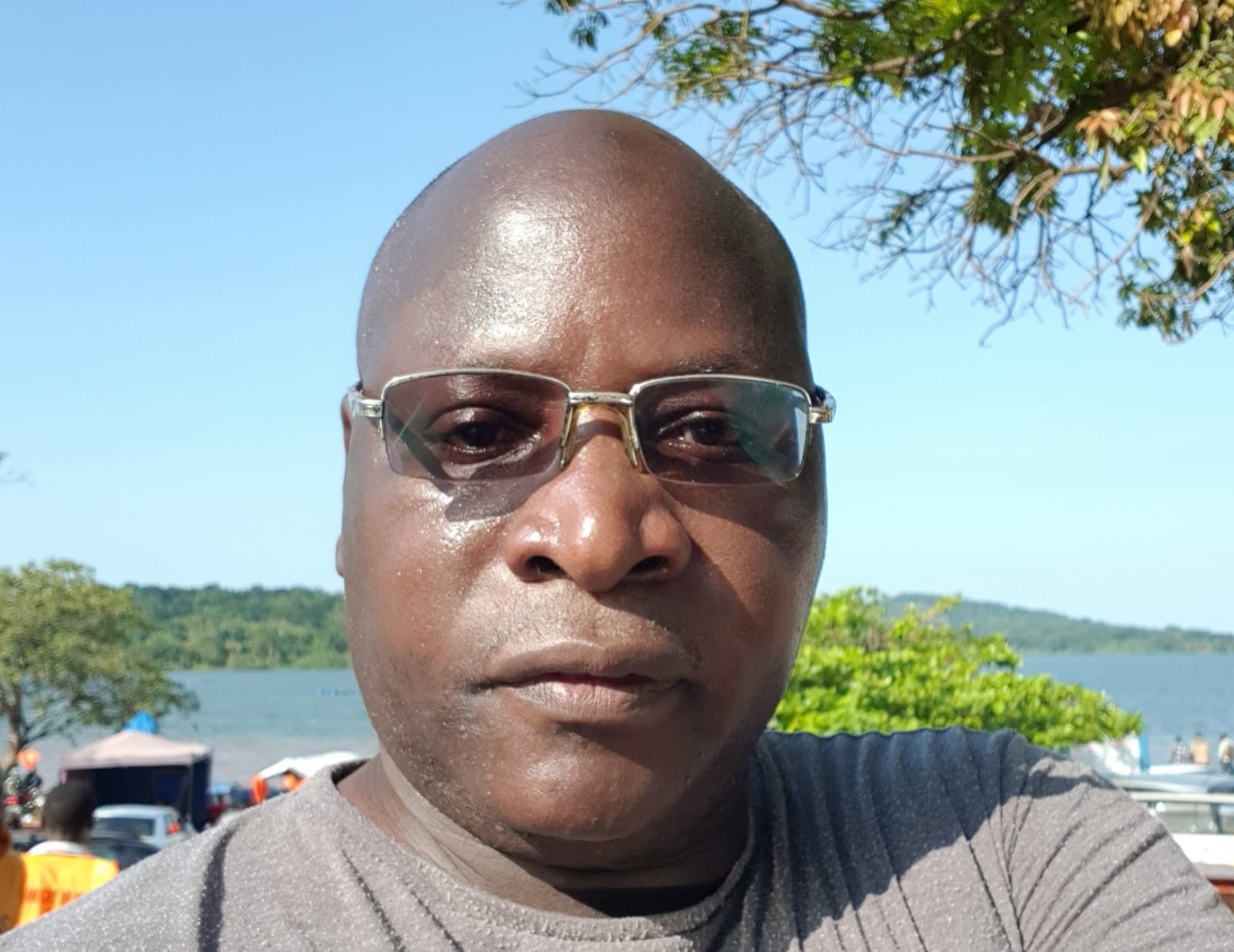By Stephen Lwetutte
LONDON-UNITED KINGDOM/NEWSDAY: The combination of decades-long economic mismanagement, poor governance, lack of democracy and the appalling human rights record mean that Uganda’s economy has stalled and in many respects deteriorated well below the pre-Museveni period. The COVID-19 pandemic has not made the situation any easier for most Ugandans, who are now subjected to the harshest economic conditions and poverty in recent memory.
Yet the country is embroiled again in a costly military adventure following a bilateral agreement to pursue the remnants of the Allied Democratic Forces (ADF), a brutal armed outfit that has lurked in the jungles of the Democratic Republic of Congo (DRC). On 30 November 2021, the Uganda People’s Defence Forces (UPDF) confirmed in a statement that they had launched fresh air and artillery attacks into ADF positions within the DRC in order to dislodge them and neutralise their threat against Uganda. They are known to launch incursions into Uganda, including carrying out bombings and assassinations deep into the Ugandan hinterland.
Adam Smith, the Scottish philosopher, widely considered as the first modern economist, identified the defence of society as one of the primary functions of government and a justification for reasonable taxation. This defence more often than not extends to a nation’s strategic interests, which may spill beyond the national boundaries and could be legitimate for government to try seek to secure. This can be prohibitively expensive, among other factors to bear in mind, especially if it is ill affordable. Any government expenditure that exceeds revenue turns into deficit and increases the national debt. We know that Uganda is already facing a stifling debt burden, with the debt to GDP ratio now, even before the DRC operation is properly underway, reported to be north of 50%. This growing national debt is affecting everyone of us even more adversely with its further growth attracting concomitant interest, and resulting therefore in higher taxation to sustain the state. Local revenue is for recurrent expenditure is also in the region of 50%, keeping the country in the intractable and viscious circle of debt.
At the time of writing, it is not even clear how long the operation will last before ADF is neutralised, as the government says it is open-ended – no government can sustain that, not even the much wealthier economies. In a responsive and sensitive democracy, such matters would be the subject of serious deliberations beforehand, probably in closed parliament sessions if security imperatives so dictate. It is rather disingenuous of the government to hide behind security considerations to justify the failure to consult parliament as stipulated in the constitution. Uganda wouldn’t be the first country to conduct military operations in another, yet these discussions happen without having to compromise the security and on the element of surprise of any strikes – after all the timing is always of the government’s choosing.
It is not the first time that Uganda has intervened in the DRC in hot pursuit of the ADF – one of the reasons the UPDF gave for remaining there from 1998 to 2003 was ostensibly to secure Uganda’s borders against ADF, but also Uganda’s interests against other then hostile states, including the Sudan. It is rather baffling that some 20 years down the road, another operation against ADF has been found to be necessary, including having to scramble our prized top military equipment, such as the SU-30s against what, it was thought, was a marauding rag-tag gang of degraded and weakened terrorists who could be handled with much lesser materiel. This begs the question, what exactly the UPDF has got on its hands? How much longer and what level of resources is likely to be required to accomplish the job once and for all, without ruining the national economyl?
Moreover, the image the UPDF left behind pin the DRC and to the world the last time it was there is not exactly flattering – the 2005 International Court of Justice judgment, among other things, found that Uganda, by the conduct of its armed forces, which committed acts of killing, torture and other forms of inhumane treatment of the Congolese civilian population, destroyed villages and civilian buildings, failed to distinguish between civilian and military targets and to protect the civilian,,,violated its obligations under international human rights law and international humanitarian law; that Uganda, by acts of looting, plundering and exploitation of Congolese natural resources committed by members of the Ugandan armed forces,,,violated obligations owed to the Democratic Republic of the Congo under international law. As a result, we still owe the DRC billions of dollars in reparations. Uganda’s claim that it acted in self-defence was dismissed in a sweeping ruling.
As Uganda is already on notice, it is hoped that there won’t be a repeat performance of the same acts this time around. If the massive plundering of DRC resources was relied upon to somewhat blunt the economic impact and blow last time, the true situation and circumstances must be factored in, and soberly so, on this occasion to ensure that the intervention does not bankrupt our economy, impoverish our people more and make the conditions any worse than they already are, as the numerous cases of various countries around the world have amply demonstrated. There is definitely a debate to be had and a fine balancing act to be struck between the pursuit of legitimate security interests and the pursuit of a sustainable fiscal and economic policy, which in turn can also turn into a separate security matter. These are too important matters for their decisions to be left to the military alone.
The writer is a Multilingual Human Rights Practitioner, formerly at the International Secretariat of Amnesty International in London for over 20 years and now Legal and Human Rights Consultant.



